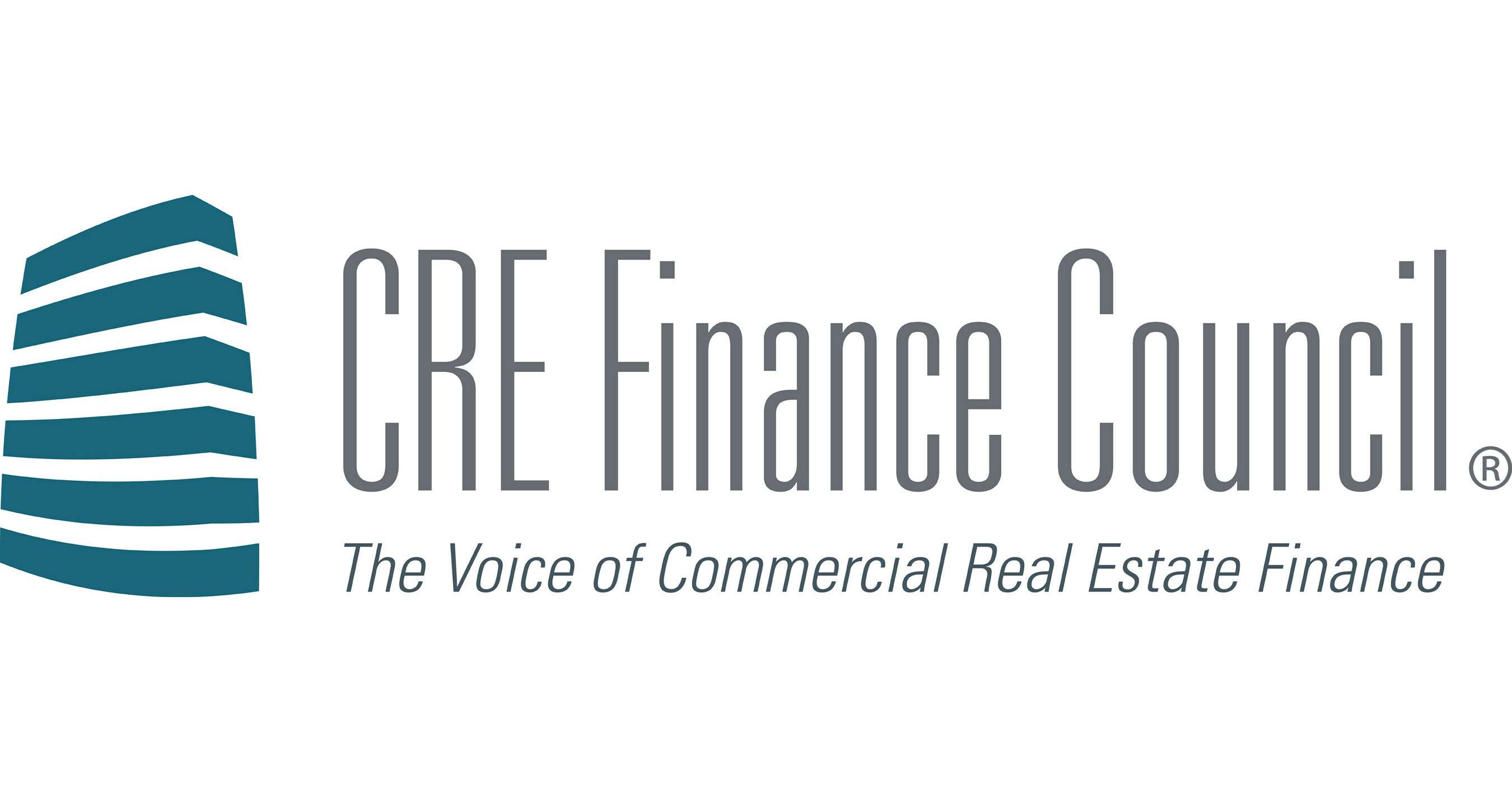O
perating a business without clear financial goals is like driving aimlessly—wasting fuel, time, and money," warned Monica Neubauer, ABR, CRS, a real‑estate professional with Benchmark Realty in Franklin, Tenn., and host of the National Association of REALTORS®’ Center for REALTOR® Development podcast. In her NAR NXT session, “Profit Like a Pro: 10 Tips for Healthy Financials,” she outlined practical steps to keep finances on track.
1. Draft a realistic budget. “First, calculate the true cost of staying in your home rather than sleeping outdoors,” she advised.
2. Spend wisely. When launching or courting clients, “avoid unnecessary expenses; start with free marketing such as open houses and face‑to‑face outreach,” she said.
3. Keep business and personal funds separate. Deposit commissions into a dedicated business checking account—free accounts work fine. Transfer any surplus to a personal account for mortgage and living costs. Dual accounts simplify bookkeeping and help capture all eligible deductions.
4. Reserve tax funds after each closing. “Many agents face tax shortfalls because they don’t set aside money,” Neubauer noted. Pay quarterly taxes from personal funds to keep records clean, and park the reserve in a high‑yield savings or CD to earn interest.
5. Use distinct credit cards for business and personal purchases. For example, buy listing flowers on a business card and home flowers on a personal one.
6. Monitor spending monthly. Review statements to spot unnecessary subscriptions and create a spreadsheet of annual renewals to avoid surprise fees.
7. Maximize deductions. Ask an AI tool or consult a CPA to discover all allowable expenses for a sole proprietor. Recent tax‑reform changes may open new benefits, such as tax‑deferred accounts for children born 2025‑2028.
8. Seek professional money‑management support. Whether a CPA, financial software, or a knowledgeable family member, external help ensures accurate recordkeeping and timely allocations.
9. Leverage real‑estate expertise to invest in property, a long‑term appreciating asset.
10. Plan for retirement. Roth IRAs offer tax‑free growth, while Simplified Employee Pension (SEP) plans let business owners make deductible contributions.
Neubauer concluded, “Avoid regrettable financial choices; disciplined decisions keep you moving toward a healthy future.”














